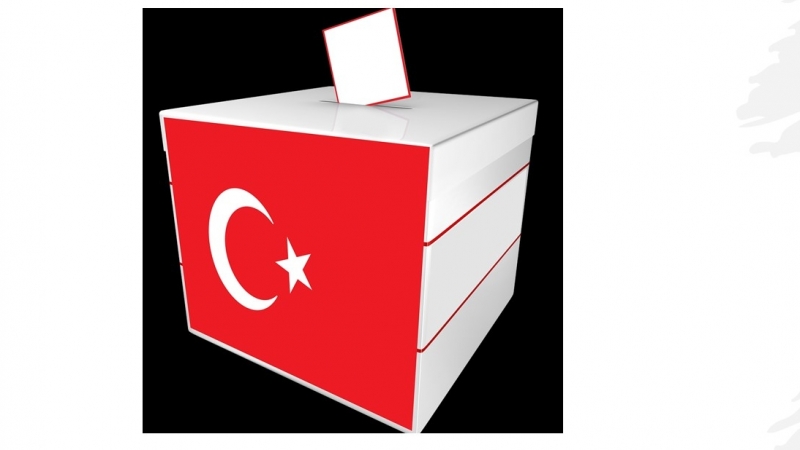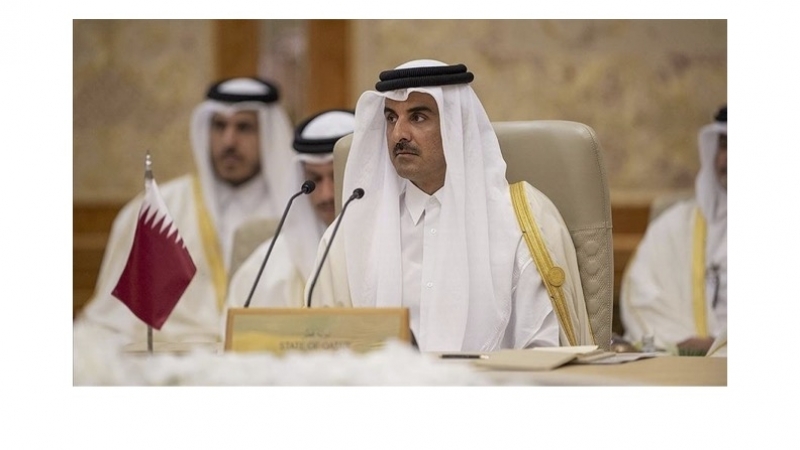Municipal elections in Turkiye and Erdogan’s political future
Developing Just LeadershipCrescent International
Ramadan 24, 1445 2024-04-03
Daily News Analysis

Framing the recent municipal elections in Turkiye as President Recep Tayyip Erdogan’s political setback is accurate.
It is, however, only a small part of the overall post-election Turkish political landscape.
Before analyzing the elections in detail, an important general narrative needs to be remembered.
Since the election results turned out against the ruling Justice and Development Party (AKP) that is not particularly liked by western regimes, there is no noisy western media propaganda that elections in Turkiye are not free and fair.
Media outlets which spent years claiming that modern-day Turkiye is run under an authoritarian system, suddenly forgot their primary propaganda narrative.
To those who understand how neo-colonial western regimes use the mantra of “democracy” there is nothing surprising here.
This, however, is an important aspect that cannot be overlooked.
Let us now look at some specific issues at play.
Prior to the recent elections, Erdogan’s government was being criticized by his internal and external opponents for deviating from “orthodox” economic policies.
Read that as western economic dogmas.
Despite Ankara re-adopting the western economic framework, the economic situation in Turkiye did not improve, as was predicted by many western oriented economists.
The main reason for this is government corruption, especially among the ruling elite.
Instead of sanitizing the AKP’s poor performance in terms of bad economic policies, issues should be looked at in their proper perspective.
The AKP is seen by an increasing numer of Turks as a corrupt regime which prioritizes its business interests over the economic interests of the people and the country.
The AKP is still in power simply because there is no better alternative at the moment.
Another key indicator to be taken seriously from the recent electoral outcome is that the New Welfare Party (YRP), framed as “far-right” by the western propaganda machine, absorbed a significant number of AKP voters.
The YRP framed itself as the real Islamic alternative in comparison to AKP’s cultural conservatism.
Also, the fact that it is led by Necmettin Erbakan’s son, Mohammed Fatih Erbakan, certainly assisted the party in its Islamic credentials.
If the YRP manages to fulfill its municipal duties well in places where it gained a significant number of votes, the AKP is likely to see more defections from among its traditional constituents.
This places the YRP in the role of a socio-political kingmaker.
It can act as political “spoilers” for the AKP in future elections.
The YRP used Erdogan’s close economic ties with apartheid Israel as one of its key campaign themes.
An easy way for the AKP to pull back its constituents from the YRP would be to take a tougher stance against Israel, a step unlikely to be taken by Erdogan and the clique around him.
Turkiye’s ruling caste has proved its loyalty first and foremost to money-making mechanisms than principled positions.
It should also be noted that although the turnout was 78%, a result most countries would envy, according to Turkish standards, this was not very high.
This dimension should tame the hype that these elections have led to, calling it a strategic defeat for the AKP.
During the recent elections, the AKP did not use its established “Islamic” card which it often uses to mobilize Turkish masses.
The AKP had successfully used the “Islamic” card during last year’s presidential elections.
(As was the case during the presidential elections less than a year ago.) This is not a complete sentence! You frequently use such sentences.
While western regimes and their propaganda outlets are trying to frame the AKP’s setback as rejection by Turkish voters of Islamic politics, this is far from the reality.
For several decades, western-backed secularists tried to “Islamize” their policies and rhetoric as they realized that Islam is inseparable from public life and remains the mobilizing socio-political factor in Turkiye.
Emboldened by its relative success in Istanbul and Ankara, the Republican People’s Party (CHP) is likely to intensify its preparations for future parliamentary and presidential elections.
If the secular-leaning parties manage to put forward a solid political program willing to accommodate the Islamically-leaning masses and do so via a charismatic and independent-minded candidate, the AKP’s persona based political dominance may end sooner rather than later.


